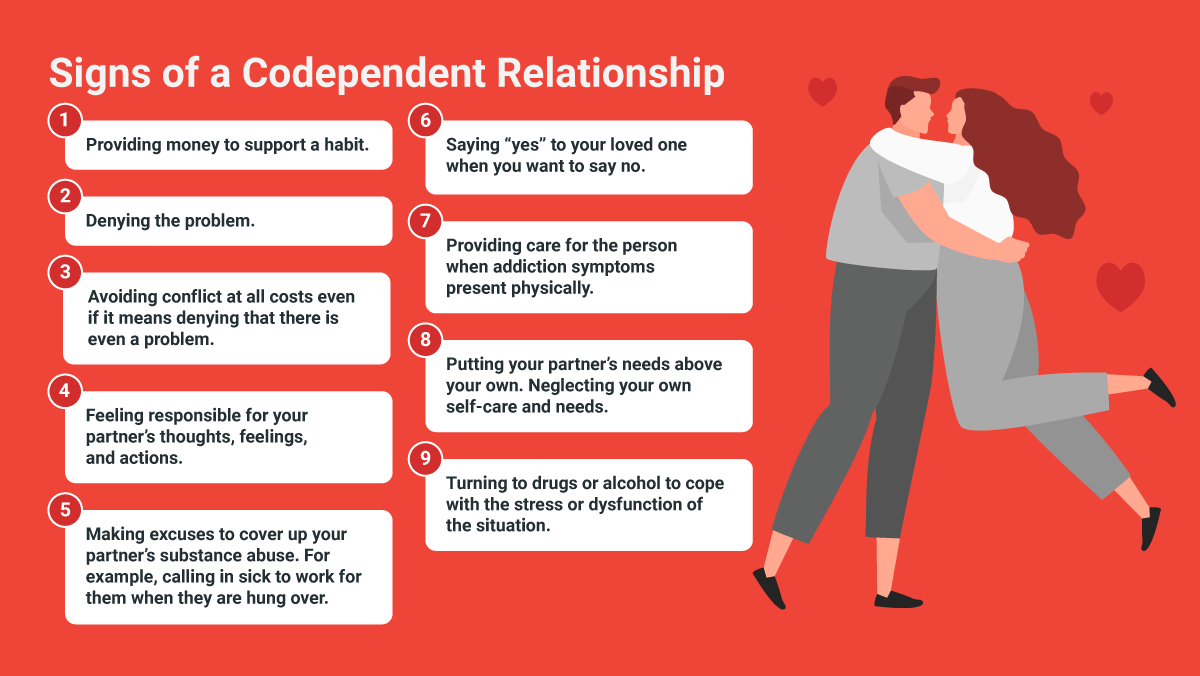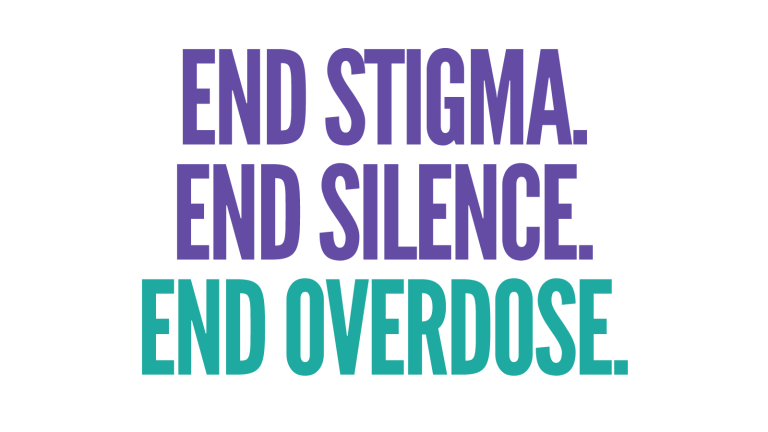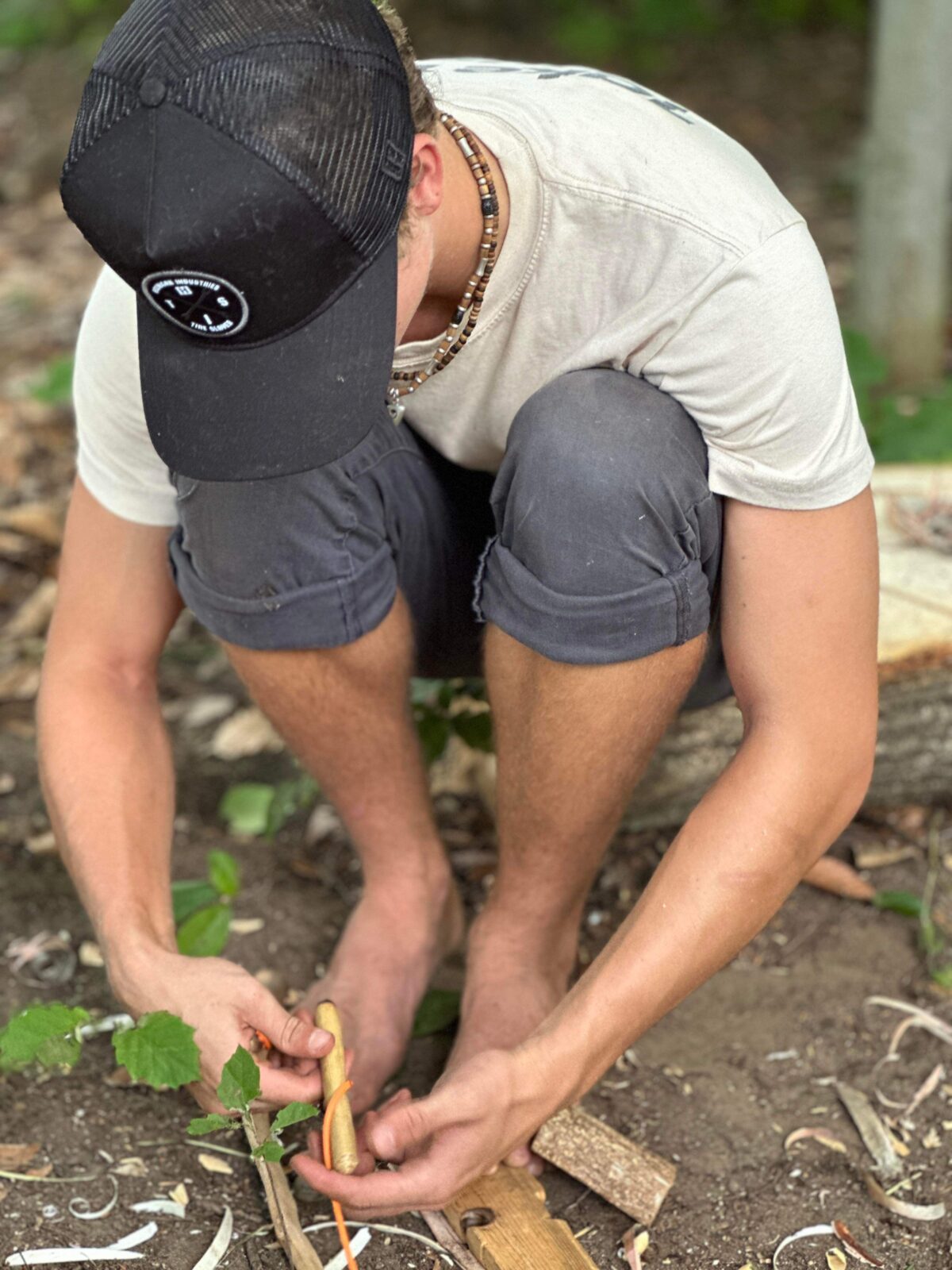Codependency
noun
-
excessive emotional or psychological reliance on a partner, typically one who requires support on account of an illness or addiction.
Codependency is almost always present when substance use is also present.
One person needs to be in control, to keep the family or relationship functioning, and to take care of the addict, and the addict relies on this behavior. The dynamic is insidious because it at first feels like a healthy bond, and like one partner is helping another. Eventually the balance of responsibilities is not equal, and stress and chaos and confusion ensue. At Journey to Recovery, we have coaches available to teach about codependent behavior and how to recognize it and take steps to unravel from this dynamic.
If you are in a codependent relationship, it does not necessarily mean you need to end the relationship, but awareness of tendencies is key to healing.
Here is an excerpt from a good article on the topic:
The word “codependency” is somewhat controversial. To some, it’s a word that could be applied to a reasonable set of behaviors a family engages in when facing a substance abuse problem. To others, it’s a mental illness that arises due to a substance abuse problem that happened many, many years ago. To still others, the disorder doesn’t even exist.
Families aren’t expected to become experts on mental illness, defining and diagnosing one another with ease.
Those are tasks best left in the hands of experts. But there are specific terms and patterns associated with codependency that families should understand, and if they develop a sneaking suspicion that someone in the family is dealing with these issues, they should be compelled to take action to help.
For more information on codependency, visit this article: https://www.peoplelooker.com/blog/how-to-overcome-codependency/

Key Codependency Behaviors
Typically, codependency is associated with this set of behaviors:
-
Guilt and perfectionism
-
A desperate need to please others
-
Blurry boundaries
-
Overblown emotional reactions
-
Attempts to fix others
-
A need for control
-
Fear of rejection
-
Inability to form loving relationships
A person labeled “codependent” places the needs of others over the needs of the self and is willing to do almost anything to keep a relationship alive, even if that relationship is difficult or caustic. They want to be loved, and they’re terrified at the idea of being rejected, so they’ll do anything to keep another person engaged and involved in the relationship.
Codependency Theories
It can be hard to understand why someone might behave in this manner, but research published in the journal Substance Use and Misuse suggests that parental alcoholism might play a role. People who grow up in households ruled by alcoholics might be forced into an adult role much too early in life, and they might struggle with issues of intimacy and control as a result. In the minds of some experts, codependency is often a malformed response to a difficult childhood.
However, some experts feel that codependency issues are an appropriate response to life with a person who is currently under the influence of alcohol or other drugs. When addictions are in full swing, people make absolutely terrible choices that could impact the entire family, and people who aren’t addicted might be moved to take over an addicted person’s life in a mistaken attempt to solve the problem.
They might be controlling and have blurred boundaries, but they’re dealing with someone who is ill and trying to make the best decisions for a family that has no control over that behavior. It might seem unhealthy, but it might also just be reasonable.





